Patriarchy in Leadership | The Hidden Hurdle

Being a Black African female has never looked as optimistic in an ever-developing African country as it does currently. We have achieved a lot as a nation and as a particular demographic. In the greater scheme of things, it may appear that we have grown significantly as a movement encouraging women’s development in leadership. And even with attained milestones visible to those keeping track, I find myself breaking down the essence of leading as a black African female in our beautiful country.
My generation is becoming quite familiar with the vision of a “gender-equal society”, although it has been altered a few times and refined – as far as goals set to give women opportunities in leadership are concerned. When thinking of progress in women’s leadership, it becomes difficult to ignore the hoops and hurdles we have to go through just to get a chance or recognition as being worthy or qualified to lead. It becomes difficult to ignore the periodic confrontation of gender bias which I believe every woman has been exposed to in their journey to develop themselves as a leader in one way or the other.
A number of policies, workplace training and monitoring programmes have been initiated with the noble intent to create non-discriminatory and diverse environments conducive to women’s career advancement, but to what end? The interventions have, if anything, been enacted to camouflage patriarchal power dynamics, which continue to impact women’s empowerment for leadership positions.
It has too easily become second nature to fight through unjust leadership challenges because of the understanding that I am living beyond myself and should consistently take time to evaluate my contribution in any environment I find myself in. In order to do away with the hurdle ultimately, we should be honest in acknowledging that patriarchy is still present in the journey women embark on to be leaders. That’s when we may be in a position to find solutions that would encourage female leaders to be in positions of influence to serve, not only as role models for young girls but career advancement in broader societal impacts—influencing the much-needed issues around the gender pay gap, relevant changes in workplace policies in ways that benefit both men and women.
To borrow from the great words of Namibian first lady Monica Geingos, “One thing we see is a very subtle pushback on women’s empowerment from men. It’s possible that is because of how the issue has been shaped; men have to be disempowered for a woman to be empowered. That’s a fundamental misunderstanding, and that’s why my approach is not from the angle of women’s leadership. It’s more from the perspective of inclusivity. You cannot exclude half of your population or a significant part of that half and expect to perform at capacity. You cannot exclude half of your brains, half of your talent, half of your friends – it doesn’t make sense. And you have to rectify it.”
In this journey, I would have hoped to redefine what the cry for women leaders should be, not to dethrone the role of men in leadership but to drive the essence of inclusivity for women.
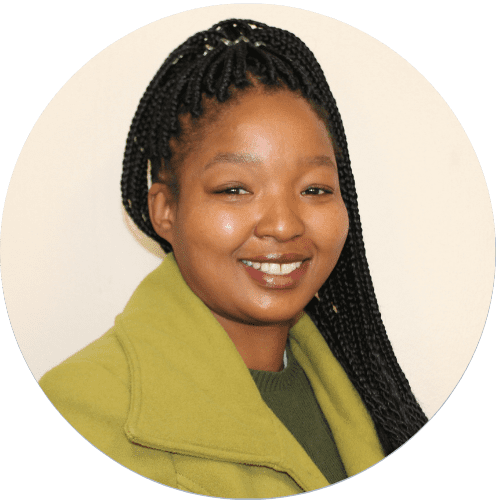
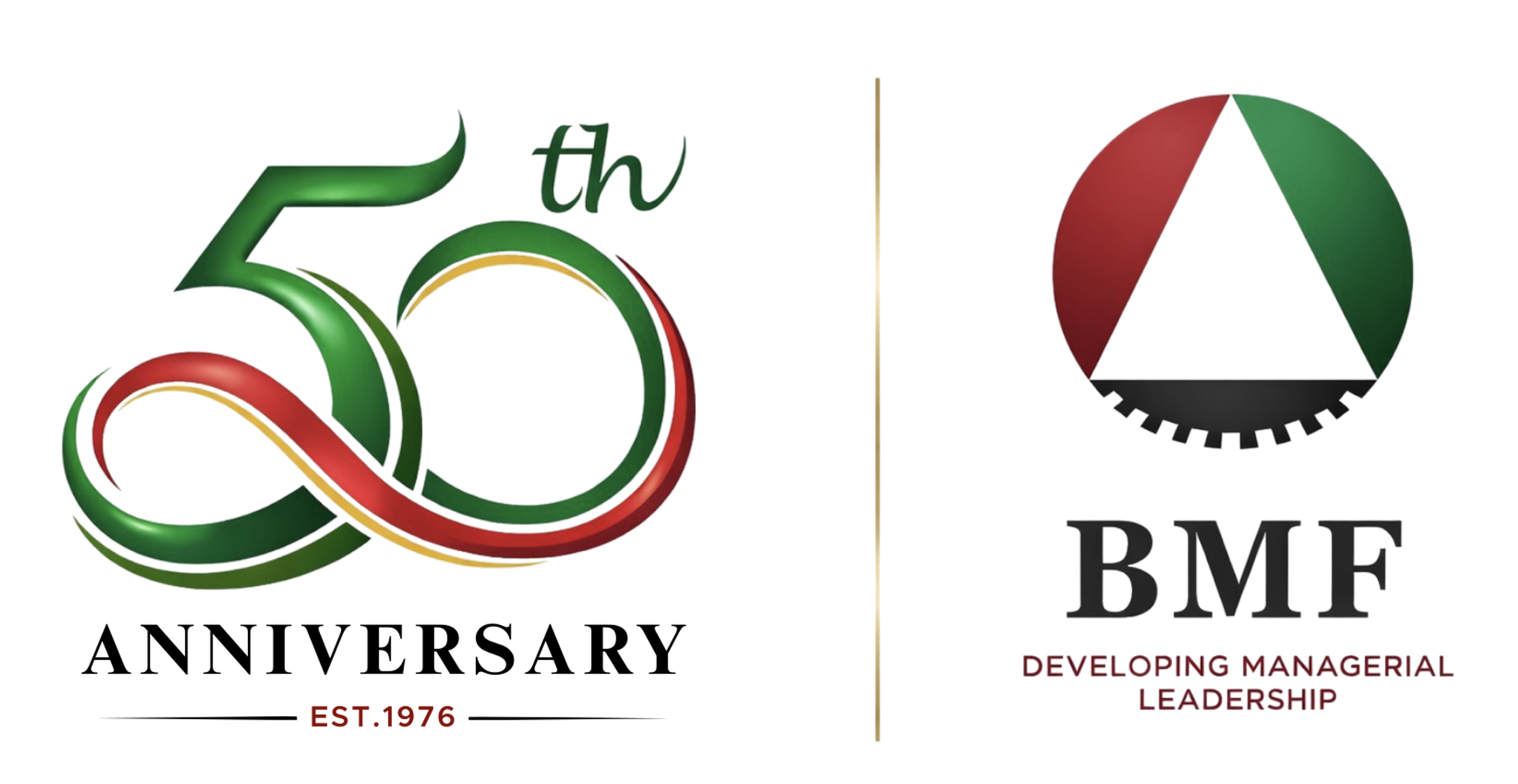
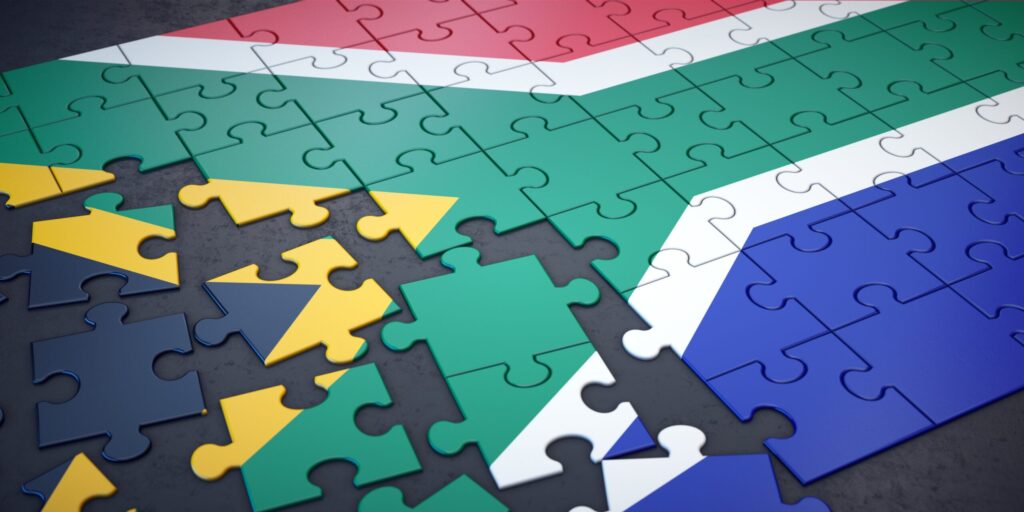
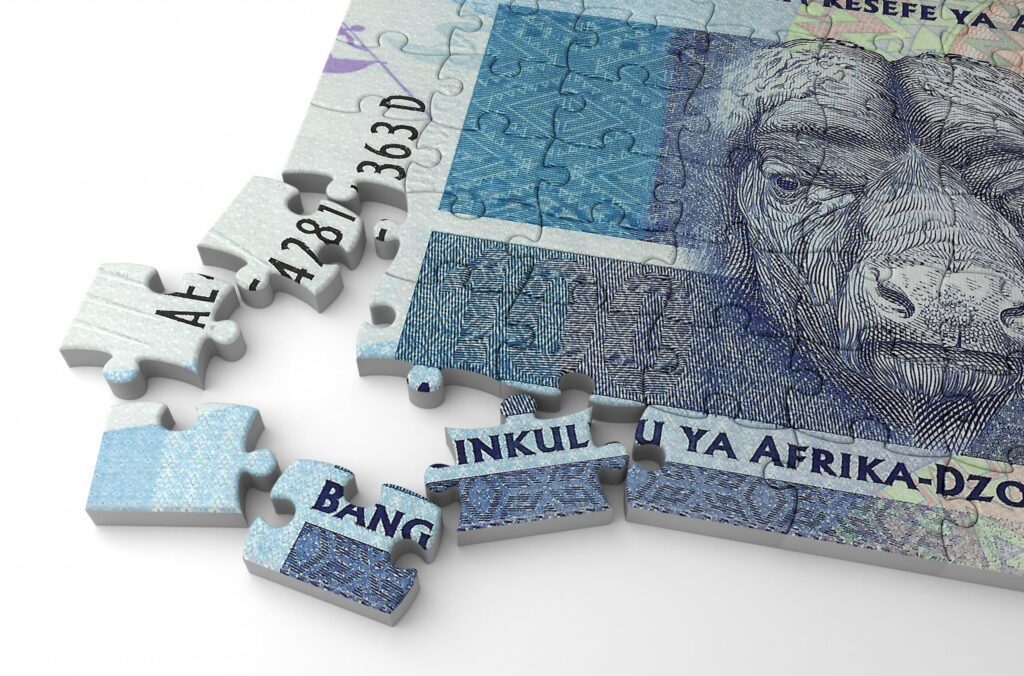
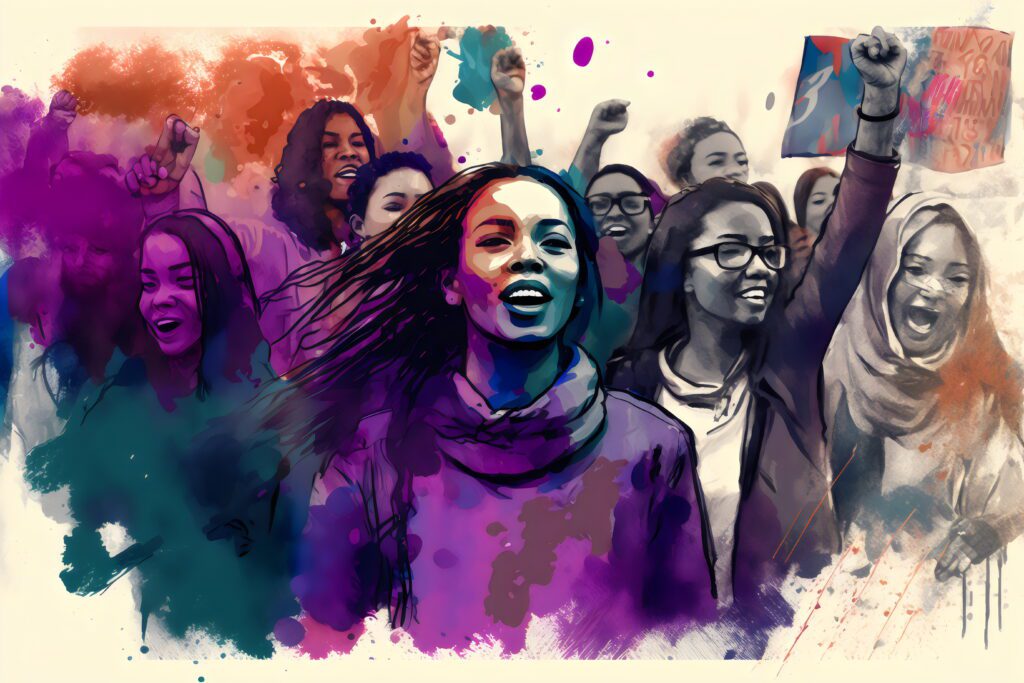


Responses